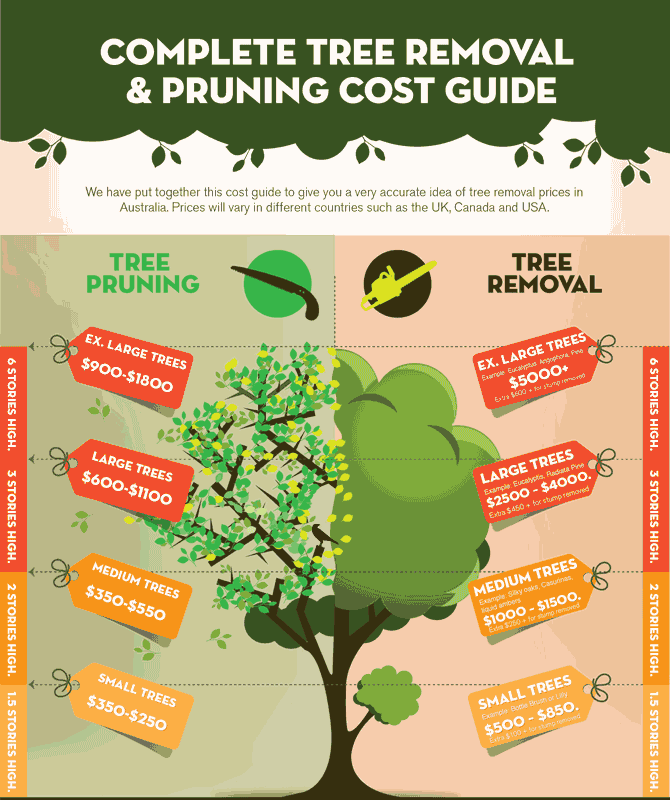Comprehending The Ecological Effects Of Tree Elimination: Essential Information For You
Comprehending The Ecological Effects Of Tree Elimination: Essential Information For You
Blog Article
Read the Full Piece of writing -Oliver Diaz
When it pertains to the environmental effect of tree removal, there are critical facets that demand your focus. From the complex web of relationships within ecosystems to the succeeding effects on climate patterns, the consequences are extensive. You could be stunned to find the complex methods which the elimination of trees can reverberate throughout the setting. Remain tuned to unravel the elaborate links and effects of this apparently straightforward act.
Logging and Environment Loss
Deforestation and environment loss are important issues stemming from tree elimination. When trees are lowered, it interrupts entire ecosystems. Not just are the trees themselves lost, however the homes and food sources of numerous plant and pet varieties are ruined too. Birds shed their nesting sites, creatures shed their sanctuary, and pests shed their environments. The impacts ripple through the food web, affecting killers and prey alike.
Furthermore, logging contributes to environment change. Trees play an important role in soaking up co2, a greenhouse gas that traps warmth in the ambience. With fewer trees, there's much less carbon dioxide absorption, leading to increased degrees of this gas in the atmosphere and aggravating international warming.
Habitat loss is a direct outcome of deforestation, as the devastation of woodlands suggests the loss of special and diverse environments. Numerous varieties are not able to adapt to fast modifications in their environment, bring about populace decreases and, in many cases, termination.
Shielding woodlands is vital to maintaining the fragile balance of nature and making certain the survival of many plant and pet types.
Influence on Biodiversity
The elimination of trees has a considerable impact on biodiversity, affecting the range and abundance of plant and pet types in an area. Trees provide environment and food resources for many microorganisms, from pests to birds to animals. When trees are gotten rid of, these types lose their homes and resources of food, causing a decline in their populations. This interruption can have cascading effects on the whole community.
Furthermore, trees play an important duty in preserving biodiversity by developing microhabitats within their canopies, trunks, and roots that support a variety of types. When trees are reduced, these specialized environments are destroyed, minimizing the overall diversity of the area.
Furthermore, the elimination of trees can bring about a reduction in hereditary variety within plant populations, as specific tree types might no longer have the ability to replicate or distribute effectively. Protecting trees and woodlands is vital for maintaining biodiversity and ensuring the health and wellness of communities for future generations.
Soil Erosion and Environment Change
With trees being eliminated from a location, the disruption of dirt framework and stability occurs, leading to enhanced soil erosion. Trees play a crucial role in avoiding disintegration by holding soil in position with their root systems. When trees are eliminated, especially in large numbers, the dirt comes to be a lot more vulnerable to disintegration from wind and water. This erosion not only impacts the instant surroundings however can likewise lead to sedimentation in neighboring water bodies, impacting water quality and aquatic communities.
Moreover, trees help manage the climate by soaking up carbon dioxide during photosynthesis. When trees are reduced, this natural carbon sink is decreased, adding to enhanced levels of greenhouse gases in the environment. This can aggravate environment adjustment, resulting in more severe weather condition events and disturbances in environments worldwide.
Therefore, the elimination of trees not only increases soil erosion yet likewise contributes in the bigger ecological issue of climate change. It's important to think about these aspects when assessing the impacts of tree elimination on the setting.
Conclusion
Since you understand the ecological influence of tree elimination, consider the repercussions before reducing trees. Logging interrupts communities, reduces biodiversity, and contributes to dirt erosion and climate modification. By being mindful of the influence of tree elimination, you can aid safeguard our atmosphere and preserve the fragile balance of nature. Make informed choices and think about alternate services to reduce the adverse impacts on our planet.
